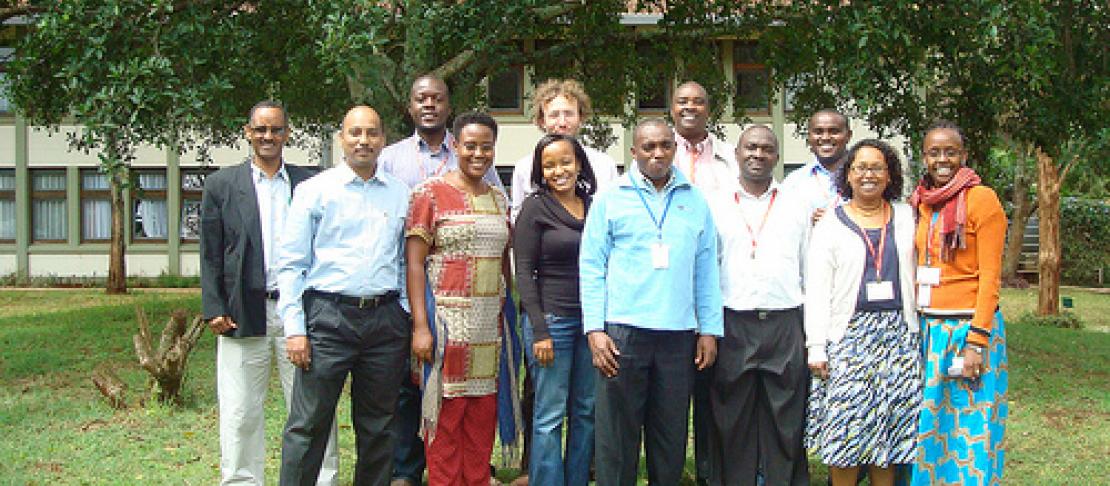How to talk with farmers about Carbon

One of the key strategies for curbing greenhouse gas emissions in agricultural landscapes is to protect and enhance the carbon stored in the soil or in trees. Several schemes have developed to reward farmers for good carbon management, where parties may purchase carbon credits produced by farmers to offset their own carbon emissions. However, engaging farmers in such carbon finance schemes is challenging for many reasons, including implementing the various mechanisms for carbon sequestration, dealing with uncertainties surrounding the carbon market, and overcoming information barriers such as language and access to media. This can mean farmers have unclear understanding of risks and develop unrealistic expectations about benefits that carbon schemes can bring.
In order to better understand these challenges and find ways in which to improve various communication techniques to better inform farmers about carbon projects and ensure free, prior and informed consent (FPIC), the CGIAR Research Program on Climate Change, Agriculture and Food Security (CCAFS) brought together carbon project practitioners who communicate with farmers on a regular basis for a workshop on Communicating Carbon. The workshop was hosted by the World Agroforestry Centre and included practioners from Ethiopia, India, Kenya, Tanzania, and Uganda. The participants shared experiences of how they communicate abstract concepts such as “carbon finance” to farmers, their success stories, challenges of communication, and whether their communication approaches reflect FPIC principles applied to many REDD projects that advocates for farmers receiving transparent information so that the able to participate in projects without coercion
These practitioners act as “brokers” between carbon buyers and farmers who may have the means to plant more trees or sequester more carbon in the soil to help offset emissions. The workshop brought together . Developing better communication tools and approaches is a way to ensure FPIC in carbon projects.
The workshop allowed carbon project practitioners to share their best communication practices used to inform farmers about carbon markets and learn from communication strategies that have not been successful. The workshop held discussions on the analysis of the type of language used; cultural and institutional factors that influence how information is communicated; and psychological factors that determine how information is accepted The workshop participants have together written a brief targeted at carbon finance practioners that will highlight the importance of appropriate communication approaches and tools that can be applied to ensure that knowledge about carbon finance is transparent, leading to more action and participation of farmers in carbon projects. This brief will be available soon.
Read more:
Download the workshop agenda (PDF)
Related story: How to explain carbon finance using FPIC - World Agroforestry Centre blog


